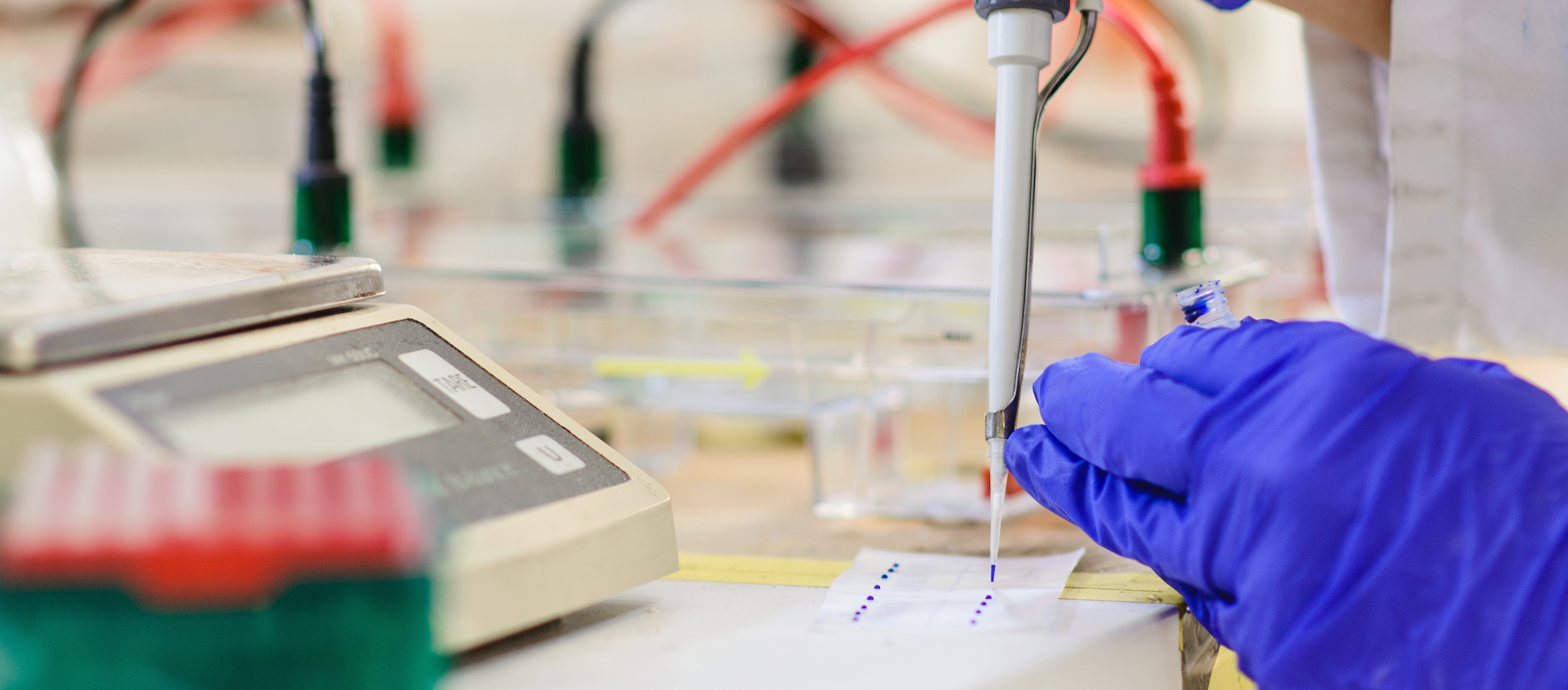Single-molecule methods using recombinant proteins have generated transformative
hypotheses on how mechanical forces are generated and sensed in biological
tissues. However, testing these mechanical hypotheses on proteins in their
natural environment remains inaccesible to conventional tools. To address this
limitation, here we demonstrate a mouse model carrying a HaloTag-TEV insertion
in the protein titin, the main determinant of myocyte stiffness. Using our
system, we specifically sever titin by digestion with TEV protease, and find
that the response of muscle fibers to length changes requires mechanical
transduction through titin's intact polypeptide chain. In addition,
HaloTag-based covalent tethering enables examination of titin dynamics under
force using magnetic tweezers. At pulling forces < 10 pN, titin domains are
recruited to the unfolded state, and produce 41.5 zJ mechanical work during
refolding. Insertion of the HaloTag-TEV cassette in mechanical proteins opens
opportunities to explore the molecular basis of cellular force generation,
mechanosensing and mechanotransduction.








